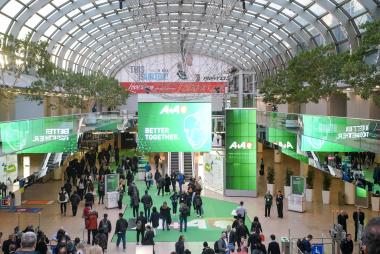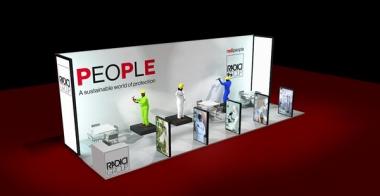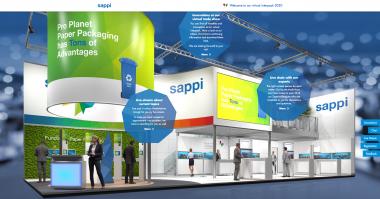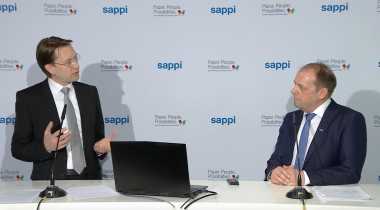A+A 2023: Digitalisierung und Nachhaltigkeit im Fokus
Die A+A 2023 setzte unter dem Leitmotiv „Impulse für eine bessere Arbeitswelt" nach vier Messetagen Maßstäbe und knüpfte an den Erfolg ihrer Vorveranstaltungen an. Insgesamt 2.200 ausstellende Unternehmen aus 58 Nationen präsentierten in 12 Hallen auf mehr als 80.000 Quadratmetern ihre Produkte und Innovationen. Rund 62.000 Fachbesucherinnen und -besucher aus 140 Ländern kamen nach Düsseldorf, um auf der Leitmesse Informationen zu den relevanten Themen rund um die Arbeitswelt zu erhalten. 96,4% der Besucherinnen und Besucher bestätigten, dass ihre Erwartungen an den Messebesuch mehr als erfüllt wurden.
Erfolgsfaktor: Hohe Themenrelevanz, Vollständigkeit des Angebots und Innovationsgehalt
Besonders hervorzuheben sind die Innovationen im Bereich der Digitalisierung der Arbeitswelt, die auf der Messe erstmalig vorgestellt wurden. Smart Wearables und PSA, Bestell-Apps für Gefahrenstoffmanagement, KI-basierte Gesundheitscoaches sowie Virtual Reality Anwendungen und Exoskelette sind Beispiele für Technologien, die die Arbeitswelt in eine digitale und nachhaltige Richtung führen. Diese Entwicklungen unterstützen nicht nur die Sicherheit am Arbeitsplatz, sondern tragen auch zur Effizienzsteigerung und zur Schaffung gesünderer Arbeitsumgebungen bei.
Hochkarätige, internationale Kongresse auf der A+A 2023
Der 38. Internationale Kongress für Arbeitsschutz und Arbeitsmedizin der Basi mit rund 3.000 Kongressbesucherinnen und -besuchern griff Zukunftsthemen wie Künstliche Intelligenz und die Folgen des Klimawandels auf. Als international führende Fachveranstaltung präsentierte er nationale und globale politische Vorstöße und Präventionsstrategien wie die "Vision Zero" sowie arbeitswissenschaftliche Erkenntnisse anwendungsorientierter Forschung. Dr. Christian Felten, Geschäftsführer der Basi, zeigt sich zufrieden mit dem Ergebnis des 38. A+A Kongresses: „Wir freuen uns darüber, dass die qualitativ hochwertigen Beiträge unserer mehr als 320 Referierenden in den 46 Sessions so viele interessierte Zuhörerinnen und Zuhörer fanden.“
Auf der WearRAcon Europe Konferenz, der europäischen Ausgabe der WearRAcon Konferenz in den USA, die erstmalig auf der A+A 2023 stattfand, präsentierten und diskutierten Experten aus Forschung und Entwicklung sowie Unternehmen über Innovationen und Trends im Bereich der Exoskelett-Technologie.
Vielfältiges Rahmenprogramm
Foren und Events wie die Corporate Fashion Show, die viermal täglich in Halle 15 stattfand, ergänzten das Messeprogramm. Auf dem A+A Catwalk präsentierten sich namhafte Hersteller der PSA Branche mit den aktuellsten, modischen Trends, die für eine jüngere Generation von Mitarbeitenden kreiert worden sind und die neben Funktionalität und Nachhaltigkeit auch dem Wunsch nach einem persönlichen und ästhetischen Stil Rechnung tragen.
Die Start-up Zone bot jungen und innovativen Unternehmen nicht nur eine Ausstellungsfläche, sondern auch eine außergewöhnliche Networking-Plattform, um mit den Top-Entscheidern für Arbeitsschutz und Arbeitssicherheit in Kontakt zu treten.
Die nächste A+A findet vom 04. bis 07. November 2025 statt.
Messe Düsseldorf

























